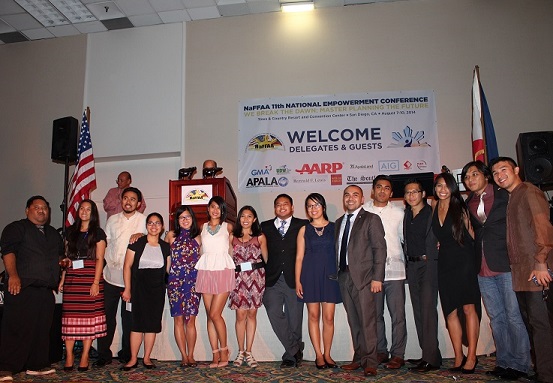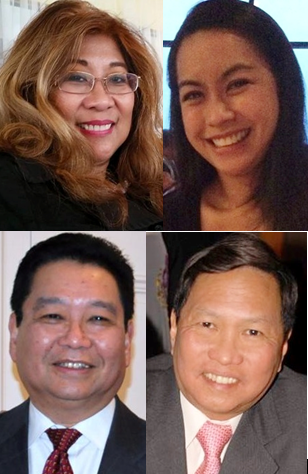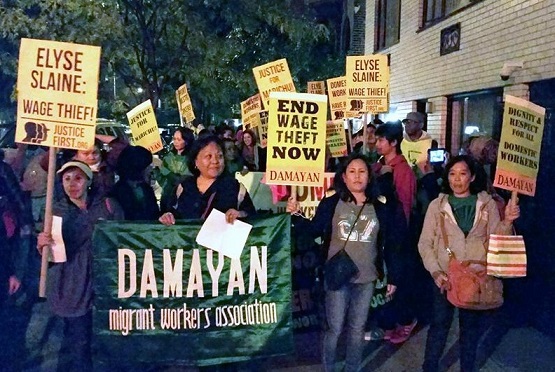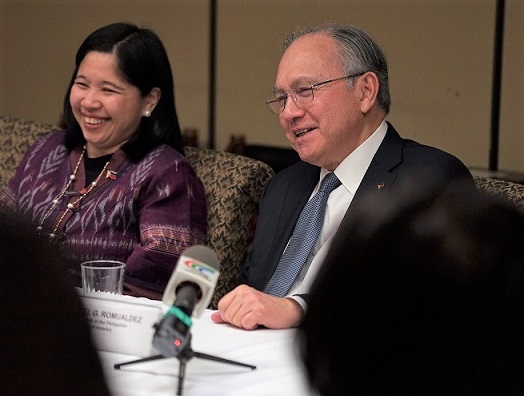Pinoys, poverty, and politics
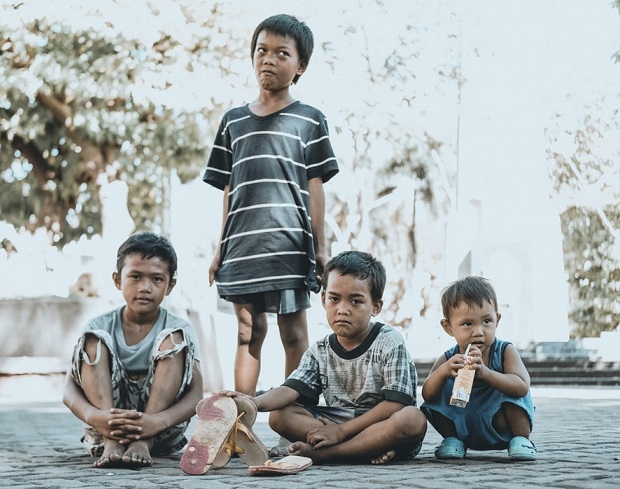
By Attorney Johnson Lazaro
Pinoy poverty
The last time the metrics were done, the Philippine economy was chugging along with a little more than 7 percent annual growth, surpassing its Asian neighbors, even China and India. That growth hasn’t been inclusive, leaving more than 25 percent of the Filipino people below the poverty level, with about 10 percent in extreme poverty, unable to buy their daily bread. Unemployment was at 8 percent. Faced with that, 17 percent of those employable have gone overseas for jobs.
Rural poor, farmers and fishermen
No 7 percent annual growth is happening for the poorest, those working in agriculture or the fishing industry. No steady work exists in either field. In a recent New York Times article, Joel Cesista, a 26-year-old fisherman was interviewed. He would prefer farm work over fishing, but there is none. So, twice a month he and some buddies go 200 miles into the South China Sea, with no radio or other safety equipment, to fish for tuna. He rents the small boat and must buy fuel and bait. He is lucky to earn $200 for a week-long trip, but often hooks much less.
Call Center success for a few
A few are seeing the growth. The Business-Process Outsourcing (BPO) industry has been very successful but the employment requirements, such as for call centers, don’t really fit the skill sets of most Filipinos, especially the rural poor. The lack of opportunity in the countryside has driven many of the unemployed into the cities. The employment capacity of the cities, while better than in rural areas, is limited and the number of the urban poor is on the increase. With that increase comes more crime and ever worse living conditions.
Conditional payments help but…
With the praise of foreign organizations, the government has been doling out conditional cash on a regular basis. The practice puts more cash in circulation in poor communities. Without these incentive payments, poverty figures would be much worse. Assisting more than 4 million families, it provides cash for actions such as keeping children in school. As too often happens with such Filipino endeavors, corruption is alleged in qualifying for payments as well as in their distribution.
Steps to invite new business
The Asian Development Bank and other international organizations have proposed changes that would make economic growth benefit more than the educated or financially well-off. To make growth inclusive and to attract more direct investment, especially manufacturing, the government must trim its business procedures. Opening a business requires some heavy administrative lifting. The government needs to fix the poor tax and customs administration. High energy costs must be addressed. Corruption must be eliminated.
Steps to upgrade the homeland
Education is primary. Introducing education geared toward entrepreneurial activities and modernizing the curricula would help. Even entry-level factory jobs require a degree of technical understanding. Aside from education, the infrastructure is in poor shape. Roads, bridges, schools, and the like must be revitalized or constructed across the archipelago. They benefit local citizens, and attractive and functional communities are more apt to attract business than rundown, poorly served areas. Money spent on public works, even if borrowed, will offer good return on investment, lifting folks out of poverty and enriching government coffers. Agricultural practices and infrastructure need upgrades to increase productivity and employment.
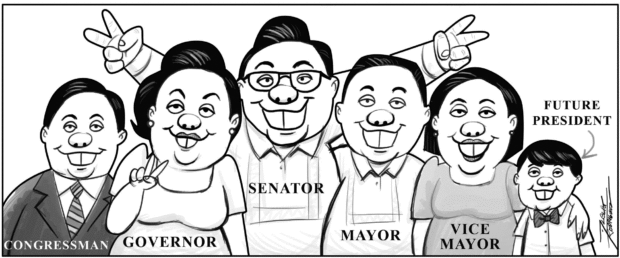
History of bosses
The Filipino people have a long history of living with bosses, making it easy for the elite to establish political dynasties. Before the Spanish colonial days, chiefs ruled the people and the lands. The Spanish installed their own landlords or opted for the most powerful chiefs. Under Americans, the status quo was left in place. When voting was introduced to help govern the archipelago with a representative government, the representatives turned out to be the wealthy and educated few; commoners weren’t allowed to vote. Now that the Philippines is a democratic republic, some families have easily set up dynasties.
Political smoke screens
Having dynasties across a government makes graft or corruption much more facile. As a smoke screen, politicos can charge each other with corruption, followed by counter-charges. Soon the government is more concerned with who did what to which political adversary, and anything of value is rarely accomplished. The voting public becomes enthralled with scandalous headlines and rumors and they overlook the poor performance of government in general.
Pinoy Power
The people need to pay meticulous attention to their government. They must vigorously protest corruption and quit voting for dynastic candidates. They must demand hard work from their public servants. Politicos chasing each other across the political stage charging each other with graft is not competent governance. Poverty is entrenched in the Philippines; it is man-made. It can be unmade with competent, honest public servants. Politicians must cease their high jinks and their shenanigans with the people’s money. The people should vote them out if they don’t. Pinoys must realize that even simple folks can move the government. They have only their poverty to lose.
For comments on this article please contact the author at law@lazarolaw.com or 866-237-9555.





